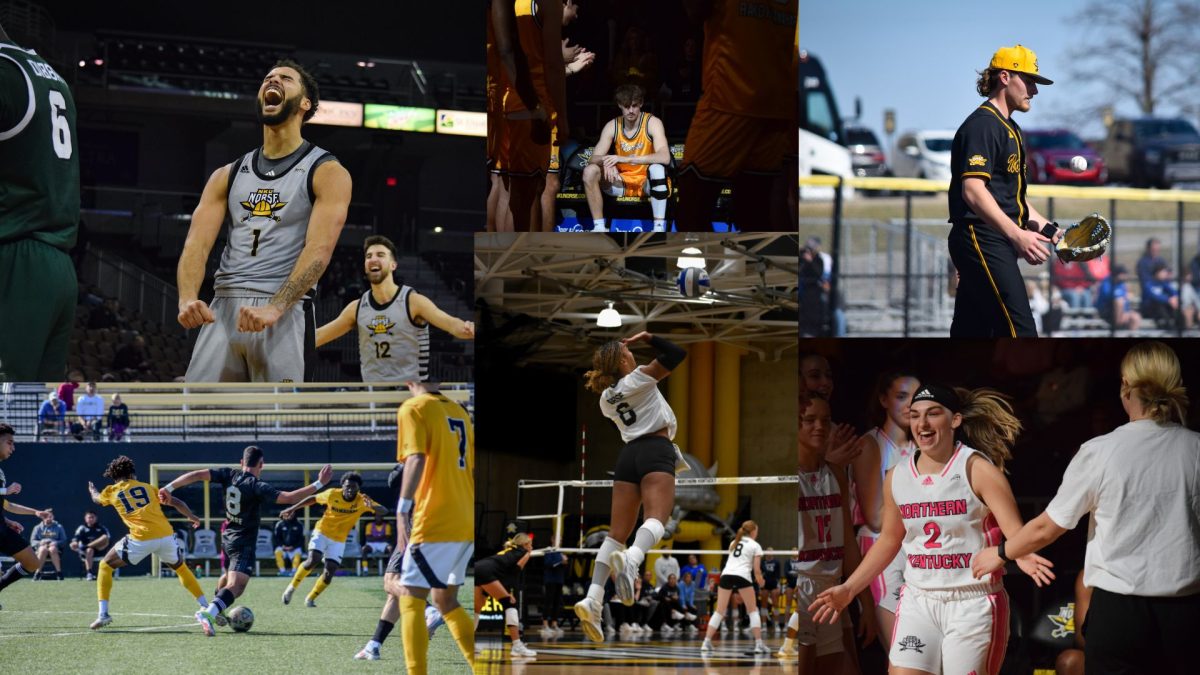A federal judge in California signed the final approval to a $2.6 billion settlement that’ll change the landscape of college sports forever, by allowing colleges to directly pay athletes as soon as next month.
On Friday, U.S. District Judge Claudia Wilken’s decision began a new era for college athletes and all major sports as a whole. She signed off on House v. NCAA, the House settlement will pay thousands of former athletes playing from 2016-2024 — a mind-boggling $2.6 billion in backpay from lost name, image and likeness (NIL) compensation.
On top of that, in Wilken’s 76-page opinion, the settlement allows schools, for the first time ever (legally), to pay student athletes directly, up to a certain limit. According to ESPN, the annual cap is expected to start at roughly $20.5 million per school in 2025-26 and increase every year during the decade-long deal.
Another great thing for student athletes is that these new payments are in addition to scholarships, NIL and other benefits they receive from the school or third parties.
The NCAA President Charlie Baker wrote in a letter to his membership late Friday night after Wilken’s decision was set in stone, “Approving the agreement reached by the NCAA, the defendant conferences and student-athletes in the settlement opens a pathway to begin stabilizing college sports. This new framework that enables schools to provide direct financial benefits to student-athletes and establishes clear and specific rules to regulate third-party NIL agreements marks a huge step forward for college sports.”
The schools that will be impacted the most out of these settlements are the most powerful conferences like the Big Ten Conference, the Big 12 Conference, the Atlantic Coast Conference (ACC) and the Southeastern Conference (SEC). This is because, according to Associated Press (AP), this money comes from things like media rights, ticket sales and other sponsorship.
So what happens to Northern Kentucky University (NKU), a Mid-Major in the Horizon League? It could have a significant impact on Mid-Majors, potentially increasing the gap between them and Power four programs.
Another thing that this bill could hurt is non-revenue sports and walk-ons. Sports like swimming could be hurt the most, a lot of schools focus on Basketball, baseball and football because they make the most money, and smaller sports could be pushed to the side. Walk-ons are another issue at the helm because roster limits will invariably lead to major cuts in many non-revenue sports. Which could potentially lead walk-ons to be a thing of the past.
With the ever-widening gap from schools like NKU to the University of Kentucky, the non-Power four schools must be able to adapt quickly to the House v. NCAA settlement agreement and answer the question that has been on everyone’s mind, “How will Mid-Major schools survive in this new era.”


